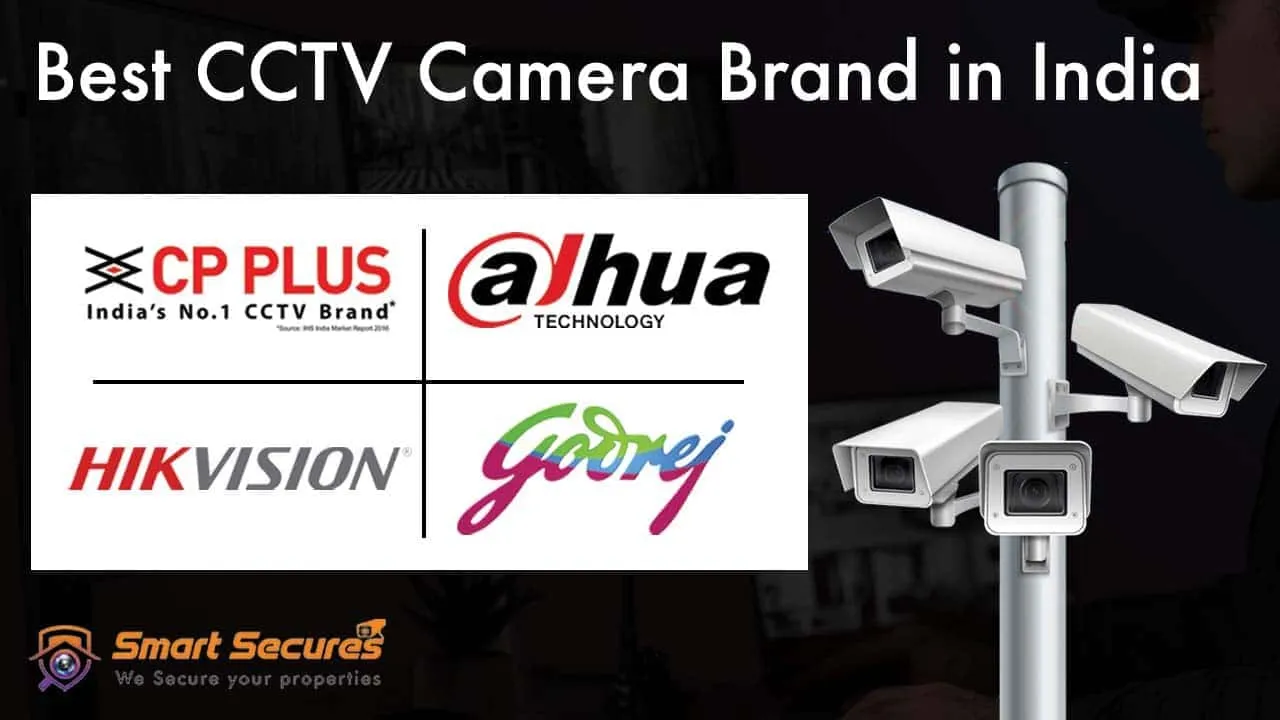Security has become more than just a necessity—it’s a priority for homes, businesses, institutions, and even public spaces. With rising security concerns, installing a CCTV system is one of the most effective ways to protect property and ensure peace of mind. But with hundreds of options available, which CCTV camera brand in India is truly the best?
If you’ve been searching for reliable security solutions, you’re in the right place. In this detailed guide, we will walk you through the Top CCTV camera brands in India, compare their features, pricing, and unique benefits, and help you decide which brand best fits your needs.

Before diving into the list of brands, let’s pause for a second. Why does choosing the right brand matter so much?
Think of CCTV cameras as silent security guards. A cheap, unreliable guard might miss crucial details, but a reputed one will never blink.
Now let’s explore the most trusted CCTV brands in India (2025 edition).
Best For: Businesses, institutions, and large-scale projects.
Best For: Homes, retail shops, and SMEs.
Best For: Industrial, commercial, and outdoor surveillance.
Best For: Indian households seeking trusted local brands.
Here’s a quick comparison to make your decision easier:
| Brand | Strengths |
| ||||
| Hikvision |
|
| ||||
| Affordable, widely available | Homes, SMEs | ||||
| Dahua | AI features, durability | Industries, Outdoor | ||||
| Godrej |
|
|
CCTV technology is moving beyond simple recording. With AI, facial recognition, cloud storage, and intelligent integration, the future of surveillance in India is brighter, faster, and more reliable. Brands are now focusing on affordable AI-powered security, making it easier for everyone to feel safe.
Choosing the best CCTV brand in India depends on your needs, budget, and level of security required. While Hikvision, Dahua, and CP Plus dominate the market, brands like Godrej and Zicom offer affordable home solutions. For enterprises and premium projects, Sony, Bosch, and Honeywell stand tall.
So, whether you are securing your home, shop, office, or an entire industrial plant, the right CCTV brand is your silent guardian.
CP-Plus, Dahua and Hikvision provide superior clarity, especially in low-light conditions
CP Plus and Dahua have strong service networks across India, making them a convenient choice.
Dahua and Bosch are great for outdoor setups due to their durability and weather resistance.
CP Plus and Zicom are the most budget-friendly CCTV brands for homes and small shops.

5,852 reviews